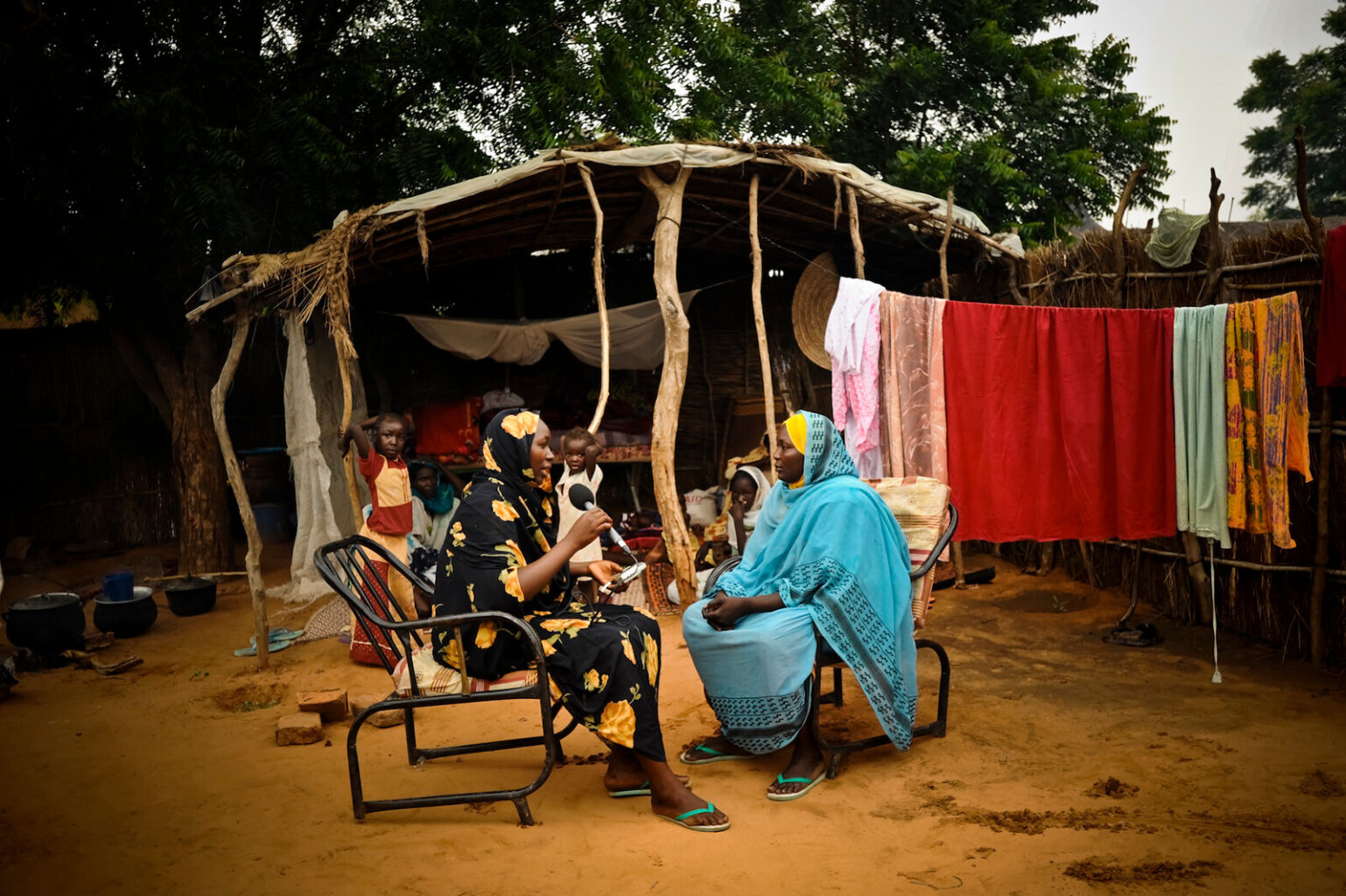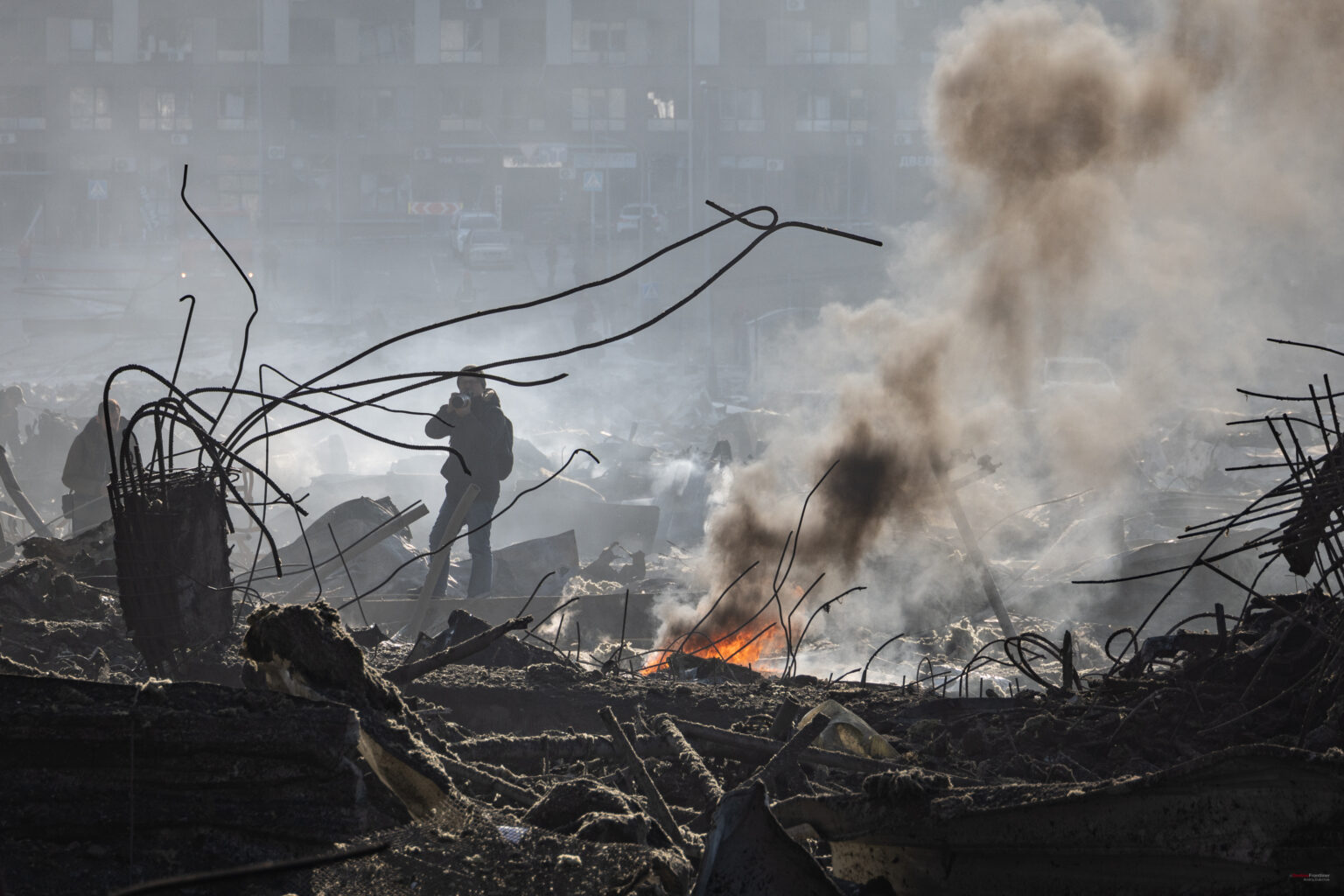By Jeanne Bourgault, Internews President and CEO
In every corner of the globe, fact-based, independent media faces an extinction event. Democratic backsliding, shrinking civic space, dwindling revenue opportunities, and pervasive mis- and disinformation all threaten journalists’ safety and media organizations’ ability to produce information that saves lives, improves livelihoods, and holds institutions and governments to account.
Given the circumstances, it would be natural to sink into hopelessness and conclude that the survival of independent media is irreparably compromised. However, that would be wrong.
As the President and CEO of Internews, an international media support nonprofit, I’ve seen these crises cripple the media sector in dozens of countries. But I have also seen the opposite – local news outlets flourishing in impossible circumstances, individual journalists defying the odds and changing their societies for good.
There are three lessons I draw from these lived experiences.
Disinformation is the defining challenge of our time.
Never has the importance and precariousness of independent news and information been clearer. In a landscape now dominated by digital communication fueled by new technologies, new forms of disinformation are emerging. They spread like wildfire — fueled by illiberal governments and malicious actors looking to muddy the truth, distort public debate, or manipulate elections. Journalists – the primary stalwart against this phenomenon – find themselves in the crosshairs: targeted, harassed, arrested, and even killed for doing their jobs.
Disinformation hinders progress in every aspect of human life – from protecting democracy to building more just and equitable societies; it is the defining challenge of our time. There are no silver-bullet solutions for it – but one critical element of any possible response must be quality information provided by independent media outlets, so that citizens can make good decisions for themselves, their families, and their communities.

Media business should be a primary focus.
Even in the most liberal democracies, independent radio, TV, print, and online media sources face urgent financial and infrastructural challenges. Advertisers’ move away from local media and toward global social media platforms weaken journalists’ voices and threaten outlets’ sustainability and independence as they are forced toward more precarious funding sources. This is markedly problematic for small, rural, and niche media outlets that provide crucial information when people need it most, such as during health crises, humanitarian emergencies, and political upheaval.
The media support sector – and the development sector more generally – should focus on this often-overlooked challenge. One example of a potential approach is the Media Viability Accelerator – a new partnership we recently launched with Microsoft and USAID.

Rebuilding trust in media is essential.
The spread of mis- and disinformation, divisive rhetoric from bad actors, and pervasive social media adoption is eroding public trust in valuable local news sources. Many now see local, independent media as the enemy, when in fact it tightens communities, improves public health, promotes civic engagement, and saves lives. As global internet access increases exponentially, we must focus on promoting media and information literacy and rebuilding public trust in independent media.
One example is our media literacy initiative in India, FactShala. It delivers short, flexible, and scalable training in fact-checking and information verification and encourages participants to become trainers themselves. 87% of participants said they had applied fact-checking and verification skills after the training, compared to 36% prior to training. Even small steps to promote media literacy can have a lasting impact and help rebuild communities’ trust in local, independent news.
At Internews, we’ve supported independent media in over 100 countries for over 40 years, from radio stations in refugee camps, to hyper-local news outlets, to individual activists and reporters. We’ve helped our partners reach millions of people with quality, local information. We believe that concerted action along these three lines is needed so that independent media can survive and thrive in the 21st century.
We cannot do it alone. Threats against innumerable journalists, malicious disinformation campaigns, and dwindling opportunities for funding and independence have disturbing implications for media and news in all corners of the globe.
No one is exempt from this “infodemic.” Every problem faced by humanity – the climate crisis, new wars, unpredictable technological leaps – must be met with a commitment to protecting quality information. This commitment alone will not automatically ensure a prosperous future; but without it, our inability to meet today and tomorrow’s challenges is guaranteed.


